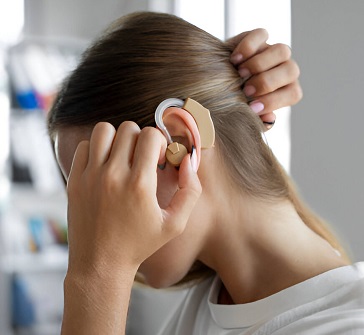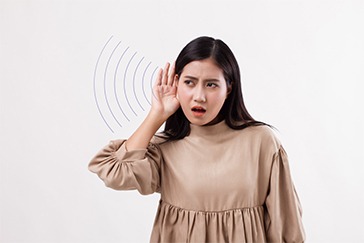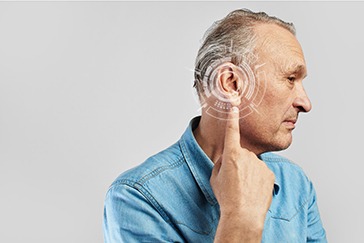 Book Appt.
Book Appt.
 Call Now
Call Now


The human ear is an extraordinary organ responsible not only for our sense of hearing but also for our balance. When it functions optimally, we often take it for granted. However, for those with autoimmune inner ear disease (AIED), their hearing and balance systems become battlegrounds in an autoimmune war.
Understanding Autoimmune Inner Ear Disease (AIED):
AIED is a rare autoimmune disorder that affects the inner ear, specifically the cochlea and the vestibular system, which controls balance. In individuals with AIED, the immune system mistakenly targets and attacks the delicate structures within the inner ear. This autoimmune response results in inflammation, damage, and dysfunction, leading to hearing loss and balance problems.
Causes and Triggers
The exact cause of AIED remains unclear, but it is believed to result from a combination of genetic predisposition and environmental triggers. Some potential triggers and risk factors include:
Symptoms of Autoimmune Inner Ear Disease
AIED presents with various symptoms, which can vary in severity. Common signs and symptoms include:
Diagnosis and Evaluation
Diagnosing AIED can be challenging because its symptoms can overlap with other ear disorders. A thorough evaluation by an otolaryngologist (ear, nose, and throat specialist) is crucial. The diagnostic process may include:
Treatment and Management
The goal of AIED treatment is to suppress the autoimmune response, reduce inflammation, and preserve or improve hearing and balance. Treatment options may include:
Prognosis
The prognosis for AIED varies among individuals. Early diagnosis and prompt treatment can lead to better outcomes, with some individuals experiencing stabilization or improvement in hearing and balance. However, in some cases, AIED may progress despite treatment, leading to significant hearing loss or permanent balance issues.
SHALBY Sanar International Hospitals provides extensive medical procedures backed up with our state-of-the-art technology and a team of highly qualified & experienced clinical experts.

Patient from Zimbabwe Treated by Dr. (Prof) Amit Kumar Sharma | SHALBY Sanar International Hospitals

Sudan’s Yiel Hoal Wei Regains Hearing with BAHA Surgery | Dr. Amit Kumar Sharma
Our doctors pen down their research findings and experiences from time to time. Their words provide deep insight into the latest techniques, technologies and other advancements in healthcare. It provides expert answers to all kinds of health questions for real-life issues.
VIEW ALL




Since the day of its foundation, SHALBY Sanar International Hospitals is committed to provide comprehensive healthcare services. It regularly organizes awareness programs in its premises and encourages outdoor healthcare activities and camps with an intent to put focus on preventive healthcare.
VIEW ALL